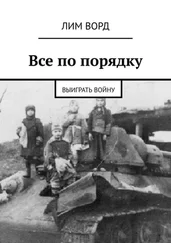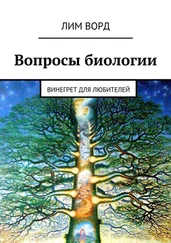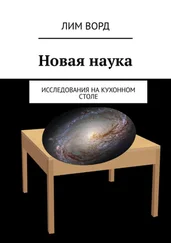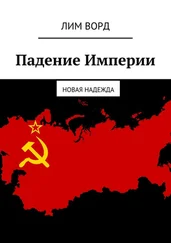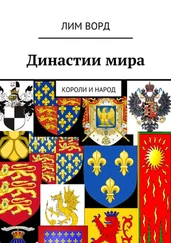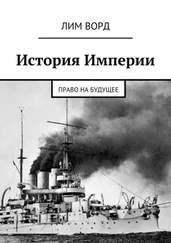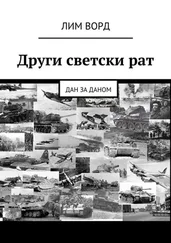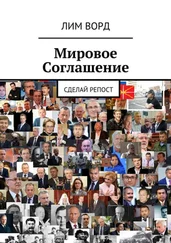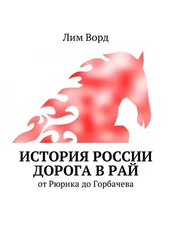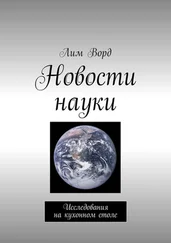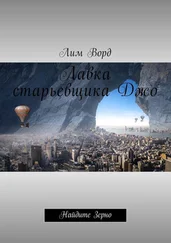In 1808 and 1810, Napoleon, wishing to become recognized as a European court by the monarch, sends the Russian royal house proposals for marriage with the sisters of Alexander, respectively, first with Catherine, then Anna. This request is politely rejected. However, Bonaparte is deeply offended. He still marries, now on the Austrian princess, thereby, among other things, provides the French Empire with a strong rear, and military support.
Meanwhile, Russia is holding the continental blockade of Great Britain. The export of food stops, the price of bread falls by half. The domestic light industry is rising from its knees, in particular, the production of technically complex luxury goods. But, the nobility is already accustomed to the goods produced in England and therefore Russia trades with the «Lady of the Seas» through neutral countries. The French government knows this.
Napoleon proclaims the idea of expanding the Duchy of Warsaw to the borders of the Commonwealth, which is impossible without the rejection of part of Russia’s ancestral lands from Russia. The French emperor views the advance of Russian army units to the borders of the Duchy as an immediate threat to his vassal.
The main plan of Bonaparte is a huge allied (or, more accurately, dependent) Poland, which includes Ukraine, Belarus and Lithuania. A world with a diminished Russia. Full-fledged continental blockade of England, then the occupation of the whole of Great Britain. Theoretically, a trip to India, the return and increment of French colonial possessions (the First Empire), hypothetically – Napoleon becomes the ruler of the whole world. It is not so impossible – England owns 27% of the earth’s land, which, together with the colonies of France itself, as well as the Netherlands, Portugal and Spain, which is included in the composition of the suzerain by the Commonwealth, is more than half the territory of the Earth.
This plan, however, does not fit the liberation of Russian peasants from serfdom. At the beginning of his career, Bonaparte is forced to serve the Convention and the Republic, introduces the progressive Civil Code, destroys the basis of the feudal system. However, he despises «ordinary people», and tries not to resort to their assistance, if possible. He is not at all a revolutionary and a benefactor of the people, rather, a French chauvinist. In parts of Belarus and Lithuania, at the beginning of the summer of 1812, Napoleon abolished serfdom. Peasants, first of all, are taken to plunder and destroy their former oppressors, landlords, and their families. To the French army at the same time, they do not become much more loyal. First of all, Napoleon is interested in supplying his troops. Three weeks later he returns the peasants to the landlords, provides protection, so that the grateful nobles themselves collect provisions and pass it to the French foragers. So, in general, it happens, although it should be taken into account that the aristocracy of the county counted on the revival of the Commonwealth, therefore it was quite hospitable to the conquerors. Counting his experience with the liberation of serfs unsuccessful, Napoleon projected his conclusions to the whole of Russia, not paying attention to the fact that the Russian nobles with their high position are quite satisfied. Yes, there is autocracy here, but it is limited, to the extreme case of landowner discontent, with an apoplectic blow (a snuffbox in the temple). Gold, saved during the expropriation of peasant stocks (it had enough in Bonaparte), the inclination to plunder churches and monasteries, arrogance, will subsequently turn into rivers of blood of French soldiers.
Napoleon’s army consists of: 20,000 Prussian soldiers-Prussia is offered some territories of the present Baltic states, 30,000 Austrians, 100,000 Poles, 21,000 Italians, 300,000 French, 8,000 former Russian prisoners of war who believe that they are liberating the country from serfdom, and also parts from other subordinate countries of the French Empire – only about 608,000 people (there are also large figures). The Russian army is divided into three parts, totaling 420,000 people.
Food stocks are calculated only for 50 days. Bonaparte expects to win a frontier general battle, after which his troops would almost seamlessly enter Moscow and St. Petersburg.
The invasion begins on the Neman river, near the city of Kaunas of present-day Lithuania, on the evening of June 23, 1812. In the north, the Prussian troops storm Riga. After the capture of this city, they would have to go to Petersburg, but the recent allies of Russia in the fighting are not particularly zealous.
The border battle is not impossible: on the eve of the war a huge fortified Drais camp is being built, in which Russian troops would have to restrain the 600,000th enemy army. Alexander the First declines to such a decision, but the higher officers urge the emperor to first abandon this plan, then leave the headquarters and go to St. Petersburg.
September 7 near the village of Borodino, 125 kilometers south of Moscow, there is a general battle. The number of the French army at this stage is 135,000 men, with 587 cannon, 15,000 non-combatants (helping to endure wounded, etc.) Russian – 120,000 people, 624 guns, plus 20,000 militias without firearms, usually performing a supporting role.
Napoleon’s plan is drawing a distracting blow to the center of enemy positions, an attack by the main forces on the left flank of the Russian army, its encirclement and destruction. M. Kutuzov, on the whole, all this foresees, and the troops on this site strengthens. The chief of staff, Bennigsen, somewhat distorts the commander’s intention, removing the reserve corps from the shelter too early, practically, under the fire of French artillery.
At noon, Russian troops on the left flank very successfully counterattack, while in the front ranks there is Marshal Bagration himself. A fragment of the core hurts the commander, the news of this instantly demoralizes the army. The retreat begins. The onslaught of the French is somewhat weakened after the raid on their rear by 2500 Cossacks General Platov. The troops regroup, Napoleon leaves the left flank of the Russians, rushes to the center, beats redoubts, at the cost of almost all the heavy cavalry, and stops. At seven o’clock in the evening the French emperor takes his troops from the battlefield.
At night, having collected almost all of his wounded, the Russian army departs to Mozhaisk, 105 kilometers west of Moscow. About 20 000 seriously wounded remain in the capital and later, in the majority, die in a huge fire.
Losses of the parties; Russian army 42 000 killed (30% of the composition), the army of Napoleon – 35 000 people (25%). Only in the autumn of 1812, after the exodus of the French from Moscow (who stayed there for 36 days), it becomes possible to bury, remaining until then unburied 54,000 bodies. Some of them are burned on huge bonfires. It is widely believed that the «General Frost» broke the colossal invasion army, but it should be noted that, at the beginning of the cold, only a third of the original composition remained from it.
After the battle of Maloyaroslavets, Napoleon realizes that he will not be able to gain a foothold in the south of Russia, and leaves the plundered by his troops, the Smolensk road. Only on November 14, evacuation begins for Berezina, but in a very inhospitable Vilna (modern Vilnius), several thousand soldiers and officers are killed from cold and hunger. About 30,000 people remain alive, including soldiers of the German corps of McDonald. Of the Imperial Guard, numbering at the beginning of the invasion 47 thousand people survive four hundred or five hundred. Prisoners and deserters more than 100 thousand, a significant part of them voluntarily remain in Russia after the fall of the empire of Bonaparte. The total losses of the Russian Empire at this stage are 120,000 military men and, probably, 300—400,000 peasants.
Читать дальше

